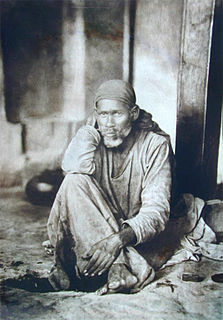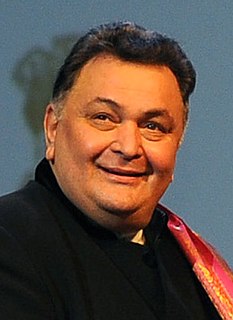A Quote by W. Somerset Maugham
Culture is not just an ornament; it is the expression of a nation's character, and at the same time it is a powerful instrument to mould character. The end of culture is right living.
Related Quotes
I think noir is an immensely powerful - and elastic - lens through which to look at narrative and character. It seems to access something dark and true in us that other modes of fiction are often a bit prissy about touching. But the key to making it work as time and culture moves on is to use the elasticity, not just the power.
There’s an old writing rule that says ‘Don’t have two character names start with the same letter’, but I knew at the beginning that I was going to have more than 26 characters, so I was in trouble there. Ultimately it comes down to what sounds right. And I struggle with that, finding the right name for a character. If I can’t find the right name I don’t know who the character is and I can’t proceed.
I know there are lots of positives in the evolution of technology, but I also think it will be responsible for the end of a unique character, of a specific kind of geographical culture. The world is getting so small, and mass production is getting so big. Everything is in danger of becoming the same.





































